On the occasion of International Day for Disaster Risk Reduction, Karnali Integrated Rural Development and Research Centre (KIRDARC) together with Save the Children in Nepal and Community Information Network (CIN) organized policy dialogue on the topic “Disaster Risk Reduction with focus on Safe Schools and Protection of Children” on 16th of October 2020. The program was conducted virtually through Zoom which was live streamed via social media page of KIRDARC Nepal, online live streamed through web portal of Community Information Network and live broadcasted in all 10 districts of Karnali State through local community radios of respective districts. Honorable Dala Rawal (Minister for Social Development, Karnali State) was the chief guest; Bhim Bahadur Sen (Karnali State Coordinator- Rural Municipality Association of Nepal) and Ratna Bahadur Khadka (Karnali State Coordinator- Municipality Association of Nepal) were the special guests in the dialogue program.
The program was divided into two sessions: the first session was on local level DRR governance. Likewise, the second session was on state level DRR governance. To address local level DRR governance; Khadananda Chaulagai (Chairperson, Subhakalika Rural Municipality, Kalikot) and Lal Bahadur Mahatara (Mayor, Chhedagad Municipality, Jajarkot) have participated whereas to discuss on state-level DRR governance; Anil Pokharel (Executive Chief, National Disaster Risk Reduction and Management Authority), Honorable Sita Nepali (Parliamentarian/ECD Caucus Coordinator, Karnali State Assembly), Bishnu Kharel (Resilience, DRR, Climate Change Adaptation Advisor of Save the Children) and Shobhakant Paudel (Secretary, Ministry of Internal Affairs and Law, Karnali State) participated in the dialogue.
During the first session local government representatives shared that school’s infrastructures are unsafe as they are constructed in very risky areas. They shared that local government had understand the importance of principles of safe school and has initiated formulation of safe school policy by embodying safe school principles. Likewise, there has been work on policy instruments to translate principles of safe school and child protection in an emergency. Similarly, they are also focusing on the safe infrastructure of the school and its surroundings like school boundaries, safe playgrounds, child-friendly drinking water facilities, and gender-friendly toilets. Parents and teachers are becoming more aware of associated risks and working for ensuring student’s safety in schools. .
The second session focused on DRR governance at State level, speaking on the session the panelists highlighted how Karnali State is at the risk of disaster and climate change how this makes children more vulnerable. Karnali State has not yet made any separate policy related to DRR by specifically addressing children. Ministry has made Karnali State Disaster Risk Management Regulation and through this, financial supports have been provided to the children who are affected by a disaster. They pointed that children’s issues in emergencies can be responded through response and recovery plans and also on the need and importance of National Disaster Risk Reduction and Management Authority its role on Early preparedness and response plan for addressing disaster risk reduction.
Hon’ble Ms. Sita Nepali (Parliamentarian/ECD Caucus Coordinator, Karnali State Assembly shared that parliamentarians of Karnali State assembly are working on developing a strategic plan for early childhood development of Karnali State which will give policy guidance towards overall development of the children including safety and protection. Likewise Hon’ble Mr. Dal Rawal – Minister for Social Development, Karnali State Government stated that education policy of Karnali State which is about to finalize by the State government will also incorporate principles of safe schools and protection of children in emergencies. He highlighted that policy makers will pay full attention towards the issues of children while formulating disaster risk management strategy as well. Commitments were expressed by representatives of Karnali State, Local Governments and Concerned Stakeholders in the policy dialogue program.



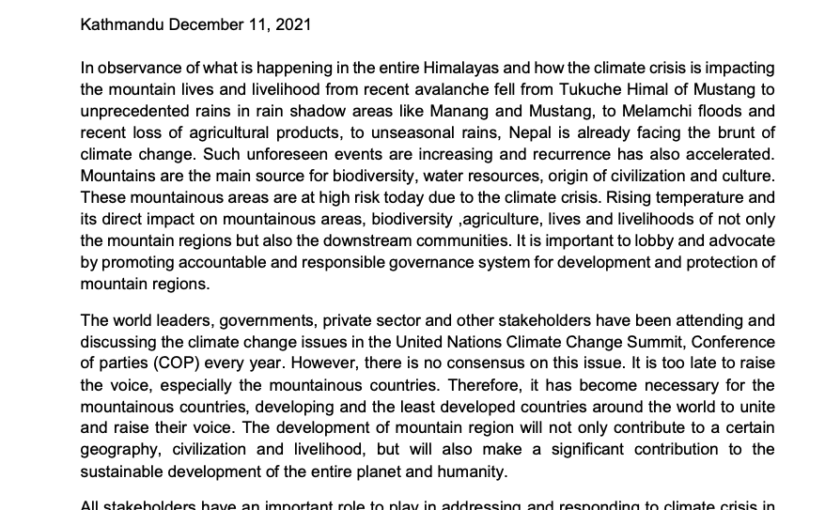
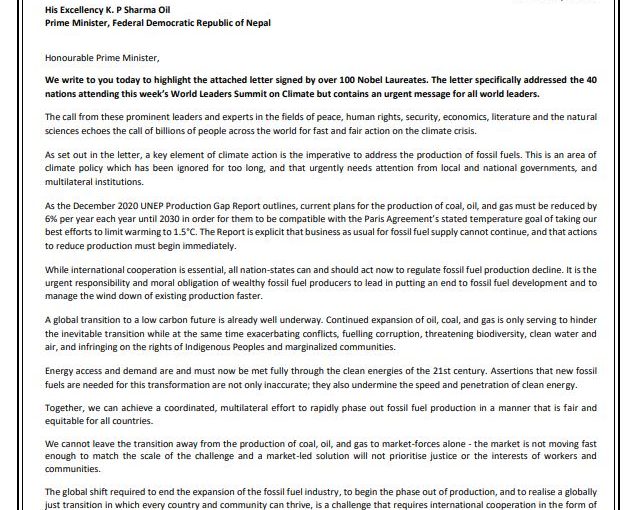
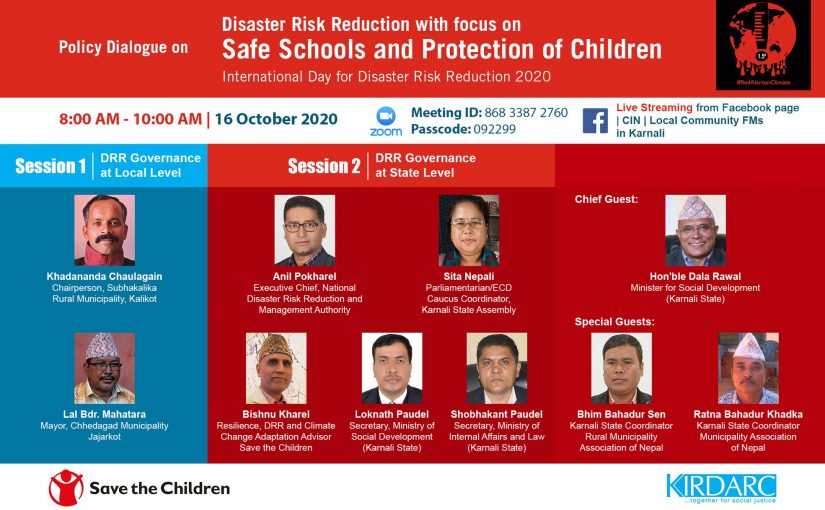
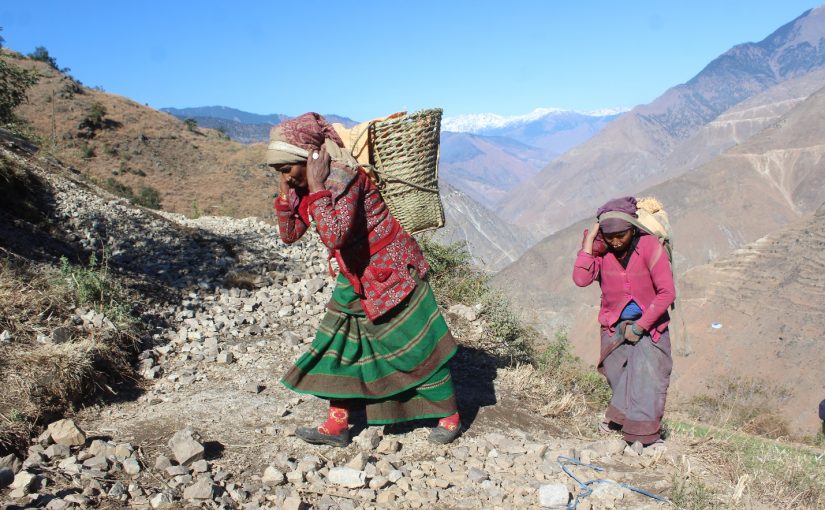
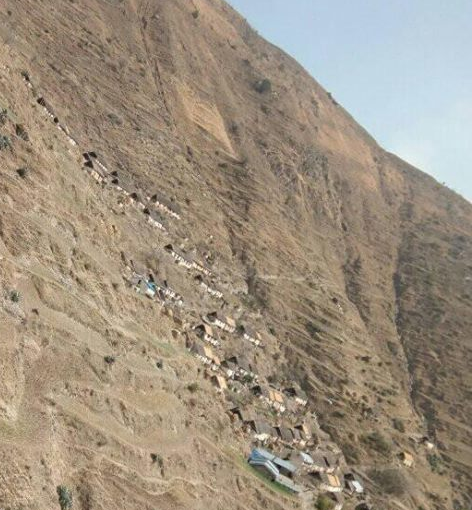

0 Comments